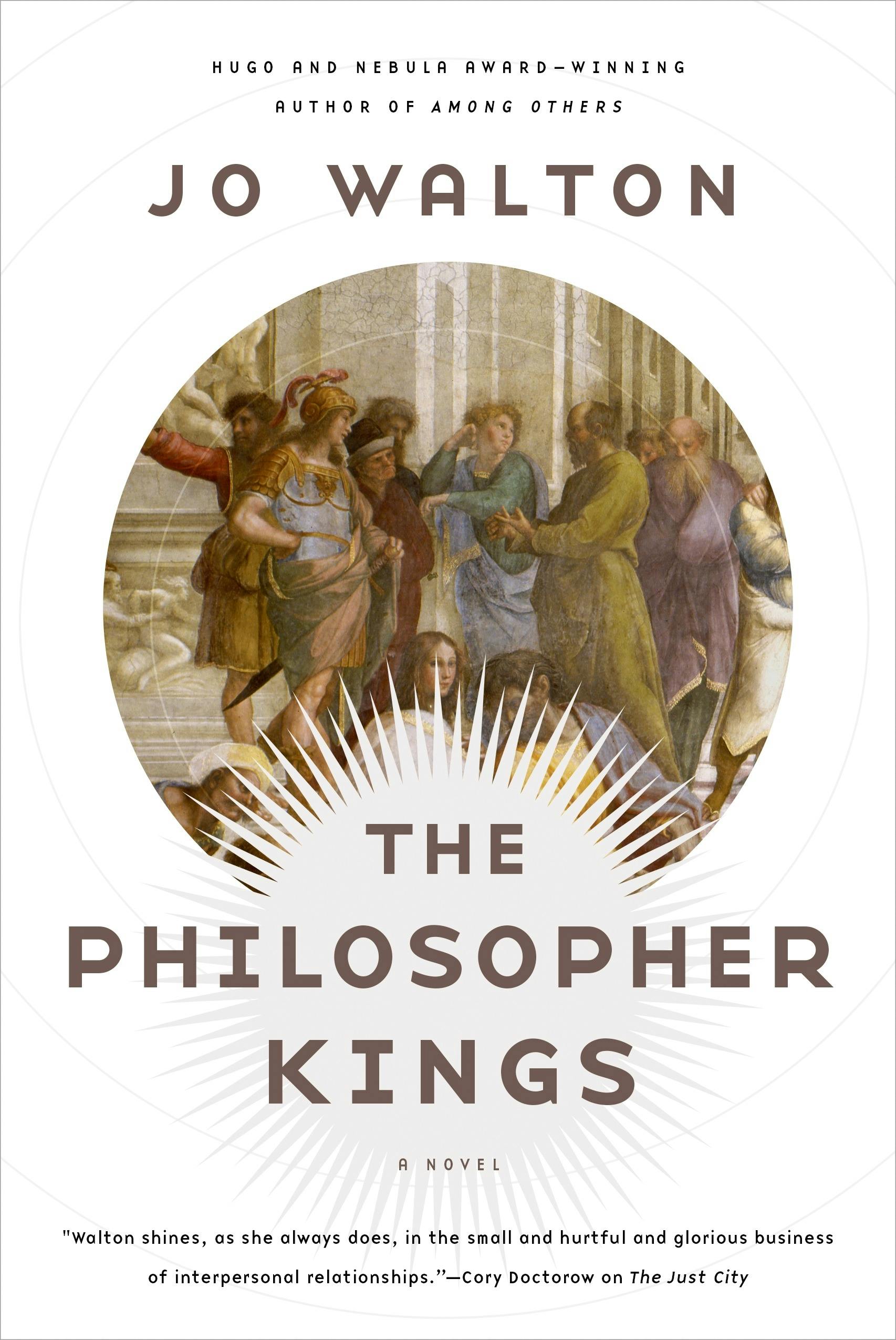

Sometimes! Because sometimes you run into someone like Ikaros or Kebes. I come to Thessaly as an alumna of the experimental education community (), which is institutionally committed to fighting sexism, and I love how Thessaly evokes () it’s a place where, when you’re working on learning a new skill, you can choose to forget about gender for a while. And Walton sketches what it might look like for an educational institution to try very hard, many times succeeding, at equally valuing women and men. We see competent people of several gender identities trying to do the right thing in unprecedented circumstances I particularly admired Simmea for this. Most obviously, it focuses on women as characters and women’s viewpoints, and the specific constraints and problems that women disproportionately face (e.g., dealing with menstruation, sexual assault, and post-partum depression). Thessaly also engages with feminism in several ways. (Does it turn out better than the “Casino Royale” episode of *Star Trek: The Next Generation*? I think so, but I haven’t read the third book yet…)


It joins Walton’s *Among Others* and a few other series - Jim Hines’s *Libriomancer* and Jasper Fforde’s *Thursday Next* - in depicting a world where fandom is literally magic. But Thessaly is at heart about fans who make their fandom real. Paying attention to the concrete details within utopias and after quests, Walton un-deletes the deleted scenes from other stories.Īll fiction is intertextual, of course, influenced by and referencing previous works on various levels. This approach also shows up in Walton’s (), which you can read as a Narnia fanfic with the serial numbers very rubbed off, or as a general commentary on YA portal fantasies. But, where *Hamilton* only has a few songs focusing on the process of group decision-making and problems that crop up in the implementation, Walton pays consistent attention to those details. I’m currently () with *Hamilton: An American Musical* which, like Thessaly, takes old text - often taught in history or philosophy or political science classes - and infuses it with emotion and suspense. > Writing about Plato’s Republic being tried seems to me an idea that is so obvious everyone should have had it, that it should be a subgenre, there should be versions written by Diderot and George Eliot and Orwell and H. To start with, clearly, Thessaly is transformative in that it concentrates on reusing and commenting on a text someone else made. In this post I’ll discuss some ways in which Walton’s Thessaly series is transformative and some ways in which it’s feminist, and some thoughts on how those choices reinforce each other.


 0 kommentar(er)
0 kommentar(er)
